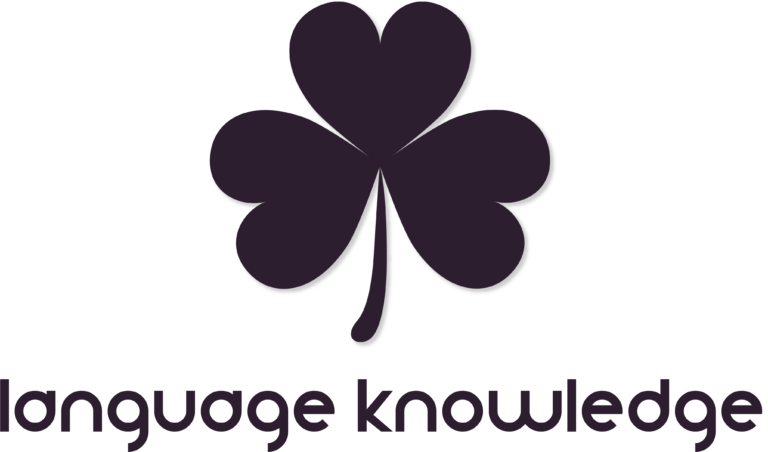What are passive sentences in general?
An example for this:
A book was reading by Toby.[/dt_teaser]
How is the passive formed in English?
General Formation:
Subjekt + to be + Verb (Past Participle)
In order to form the Past Participle, an –ed is usually attached to the verb. However, there are also a few irregular verbs; here is a list, with the 100 most important ones. If you are asked to rewrite an English text from active to passive, you should pay attention, to which tense the active sentence stands. Because the English language uses a different to be form for each active tense.
Specific formation of the passive in English:
In the following is a table with the to be forms, which you need for the respective tense. Furthermore, the to be form still depends on the person.
Simple Forms:
| Tense | to be form |
|---|---|
| Present Tense | am / are / is |
| Past Tense | was / were |
| Present Perfekt | have / has been |
| Past Perfekt | had been |
| Futur 1 | will be |
| Futur 2 | will have be |
| Conditional 1 | would be |
| Conditional 2 | would have been |
Progressive Forms:
| Tense | to be form |
|---|---|
| Present Tense | am / are / is being |
| Past Tense | was / were being |
Although there are other progressive forms, I have omitted this awareness because they are rarely used and certainly not at school. After all, you should be able to remember the important information.
Conversion of Active Passive in English
A simpler active sentence:
Toby read a book.
The associated passive sentence:
A book was reading by Toby.
The Conversion:
For this, you have to interchange the object with the subject. Furthermore, tense is retained, except that it is the active or passive form respectively.
Furthermore, for example, “him” (object of the active sentence) becomes he in the passive sentence.
Personal Pronoun:
me ↔ I
him ↔ he
her ↔ she
us ↔ we
them ↔ they
An example for this:
Aktive: Paul took her to the stadium.
Passive: She was taken to the stadium by Paul.
Note:
Of course, the double arrow applies in both directions!
An example:
Aktiv: She took Paul to the stadium.
Passiv: Paul was taken to the stadium by her.
What if 2 objects occur in a sentence?
Here it is up to you what you want to emphasize in your passive sentence, either the 1st object or the 2nd object. Consequently, this can best be explained by means of an example:
The man showed us the stadium.
1st possibility:
We were shown the stadium by the man.
2nd possibility:
The stadium was shown to us by the man.
Choice:
Thus, it is your decision whether you want to emphasize on the stadium, in our example sentence, or we, the reader.
What does the word “by” mean for the passive in English?
Likewise, it is not coincidence that you have read the word “by” so often in my passive example sentence since you are citing the acting person of a passive sentence.
That is, after the word “by,” the acting person follows a passive sentence. And this is what we mean by: XY (any action) was made by Z.
About me
Hey, I used to think that language learning was innate. Either you can speak English or not and it doesn’t matter how much you learn -“Anyway I don’t record good grades in English.” And that’s where English is so important.
After a while, I gave myself one last chance to learn English. Only this time I limited myself to the essential points.
For me, that meant verbs: formation – examples – signal words & usage
This method enabled me to learn English faster than ever before.
Since then I know that learning languages is not innate. And through that realization, my vision has become to offer other students the opportunity to learn English, just like I did back then. Now I ask you to help me by sharing this article with your friends!
Thank you very much!
You read: Passive Voice





